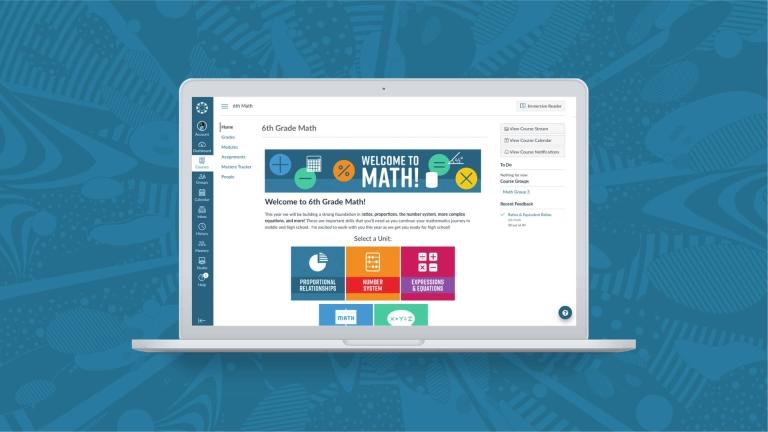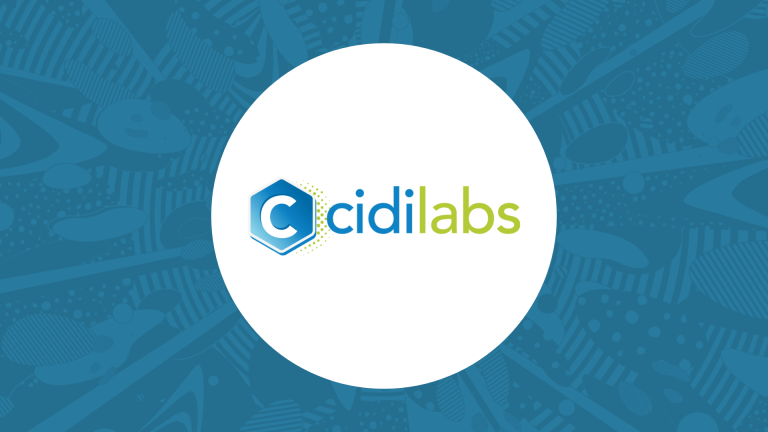
There is (what feels like) an age-old debate in the world of education: Canvas vs. Google Classroom. From increased interactive components and organization and design options to the amazing customer support, Canvas provides a more robust experience for designers, instructors, and learners. When I consider what I want my learners to do and how I want to teach, there really is no debate, Canvas is the best fit.
Some of the more vocal proponents of Google Classroom argue that teachers are wasting time creating content in an LMS that may one day fall out of favor. (Let’s use some anecdotal discussion to analyze that thought for a moment--I am an 11th grade English teacher. I know that a nearby 4 year university and two local 2 year colleges have all gone to Canvas. I also know that of my students continuing their post-secondary education, a large majority will attend one of these area schools. I know that it makes the most sense for my content and delivery to align with what my students will see at one of those schools. Therefore, I should be using Canvas. The standing point of this particular Google Classroom argument is that I should not utilize the best tool available to my students today because three years from now my district may no longer use Canvas. Is that really the best reason to make a decision?)
Looking at the Canvas vs. Google Classroom time discussion from another view, I frequently use items from my Drive within Canvas. Nothing is lost, and in my opinion, time has not been wasted. I would argue the opposite, instructional time is actually saved when teachers create within an LMS. Spending time creating content serves as a chance to curate content--is this really what I want my students to learn? Instructors are forced to think about Scope and Sequence as well as pacing. In Google Classroom the organizational structures are missing that create a learning roadmap for students. Creating a comprehensive module in Canvas with organized content, support pieces, activities, assessments, and reflections in a student-friendly way should never feel like a waste of time.
“Canvas provides a more robust experience for designers, instructors, and learners. When I consider what I want my learners to do and how I want to teach, there really is no debate, Canvas is the best fit.”
Another Canvas perk is that all that carefully created and curated content can be rolled over year to year or exported if a teacher leaves to go to other district using an LMS (Canvas, Moodle, Blackboard, etc). Simply export the course as an IMSCC file and then import that content into a new course and get to teaching. No more starting from scratch. There is no similar option with Google Classroom. Yes, items are available in Drive, but as I mentioned earlier, Drive is available while using Canvas!
Google Classroom fans tout the collaboration and feedback elements provided by Google Suite for Education products, but Canvas actually enhances those features. Collaboration in a Google Doc can still occur, but beyond that, in Canvas students have access to true online class discussions, not just a news feed of comments and thoughts. Better yet, a teacher can host a conference after hours, moving the learning and collaboration of the classroom beyond the physical confines and time restraints. Teachers and peers have more feedback options available to them via SpeedGrader and Peer Reviews. Across the board, Canvas offers more interactive features than Google Classroom when it comes to both synchronous and asynchronous learning. Conferences, collaborations, discussions, and chat are a few of the ways teachers can leverage the built-in interactive options to deepen student learning and engagement.
Canvas Commons is a uniquely Canvas offering, one that can make a new teacher’s life instantly easier! Having a global library of lessons, modules, courses, activities, and more that you can easily add to your own course is another big plus in the conversation of Classroom vs. Canvas. Imagine being a new teacher with a wealth of example lessons, assignments, and activities at your fingertips. No longer are new teachers working from scratch to create content for students. (In conjunction with Blueprint Courses, Canvas really gives new teachers a leg up!)
I have so much to say on this topic, I had to split this into two posts! Check out part 2 of A Teacher's Take: Canvas vs. Google Classroom.
Keep learning,
Misty Joaquin
Canvas Administrator and Digital Learning Facilitator, Little Elm ISD(Texas)
Related Content
 Teaching-With-Tech-10-Benefits.jpg
Teaching-With-Tech-10-Benefits.jpgBlogs
 cidilabs.png
cidilabs.pngBlogs
 canvas_x_tg_logo_lockup_780_x_520.png
canvas_x_tg_logo_lockup_780_x_520.pngBlogs